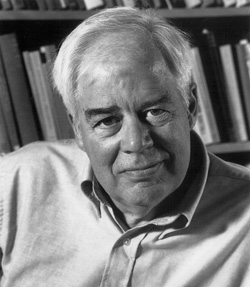The Gift of Becoming Stranded
Amee LaTour argues we should sometimes welcome being run aground by life. What do you want out of life? Happiness? Comfort? Security? Like many philosophers associated with existentialism, Martin Heidegger emphasizes the potential fruitfulness of varieties of experience quite contrary to these states, such as the discomfort and insecurity of becoming stranded. When we’re stranded, …



